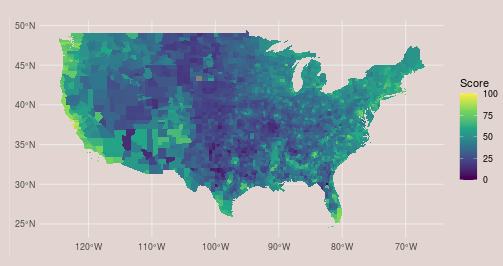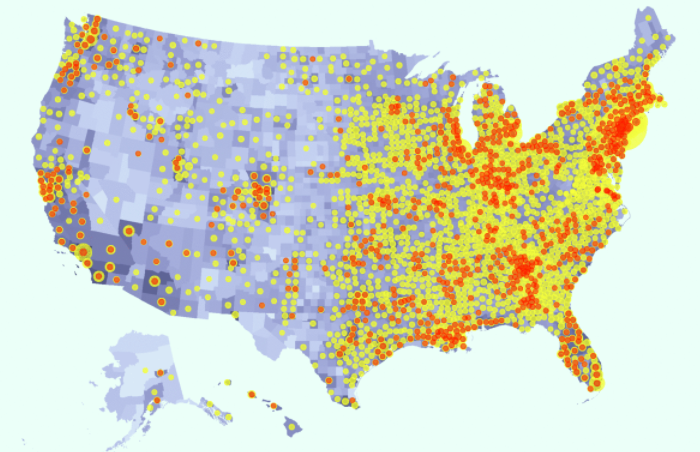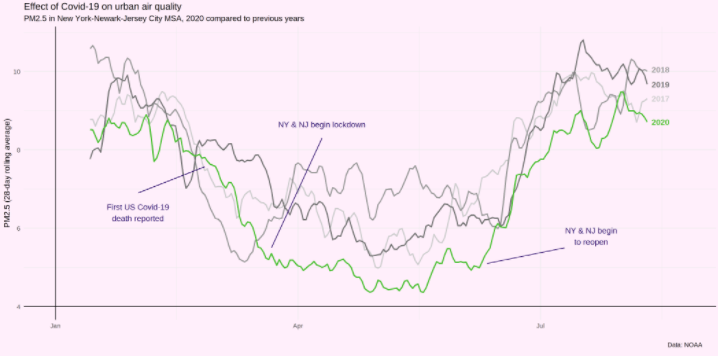Joe Mitchell-Nelson
PhD candidate in economics
University of Oregon
Biography
I’m a Ph.D. candidate in economics at the University of Oregon, on the job market 2021. Check out this new* stated preference method I’m developing.
Interests
- Stated preference research methods
- The role of culture in economics
- Development economics
- Visualizing data
- Early 2000s emo
Education
PhD in Economics, 2021 (expected)
University of Oregon
MS in Economics, 2017
University of Oregon
BS in Economics, 2016
Portland State University
BS in Philosophy, 2012
Portland State University


